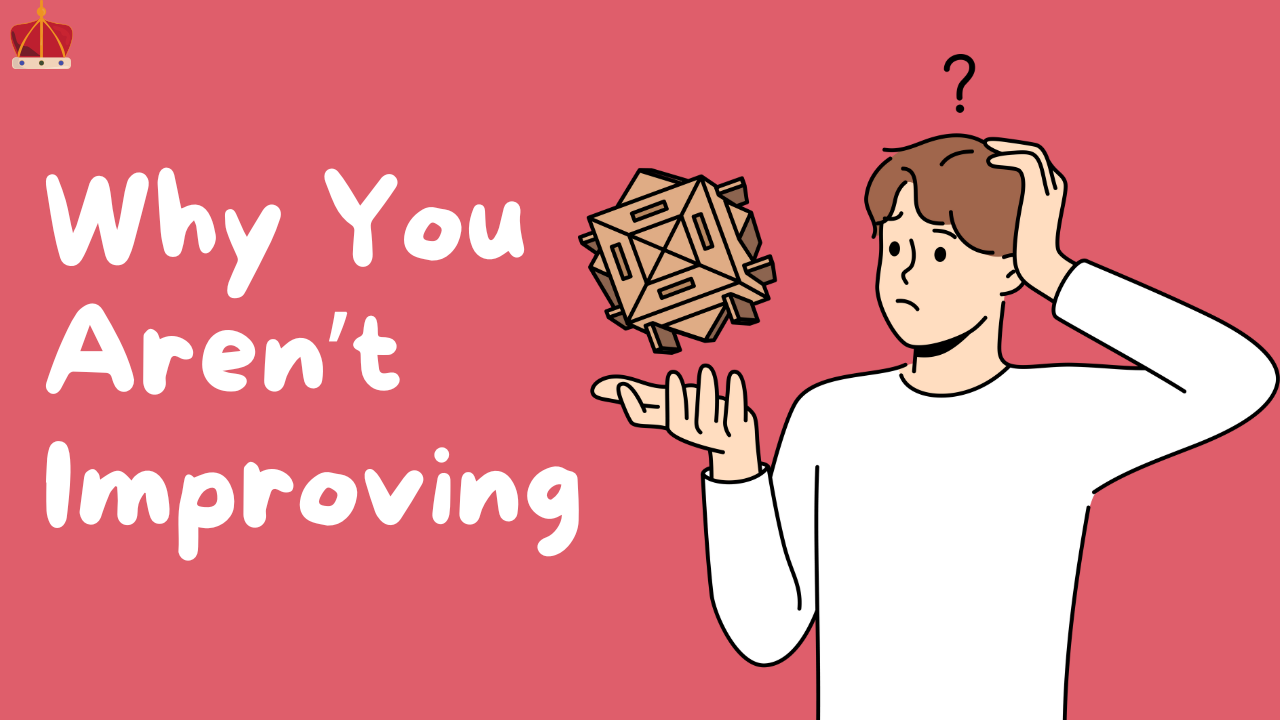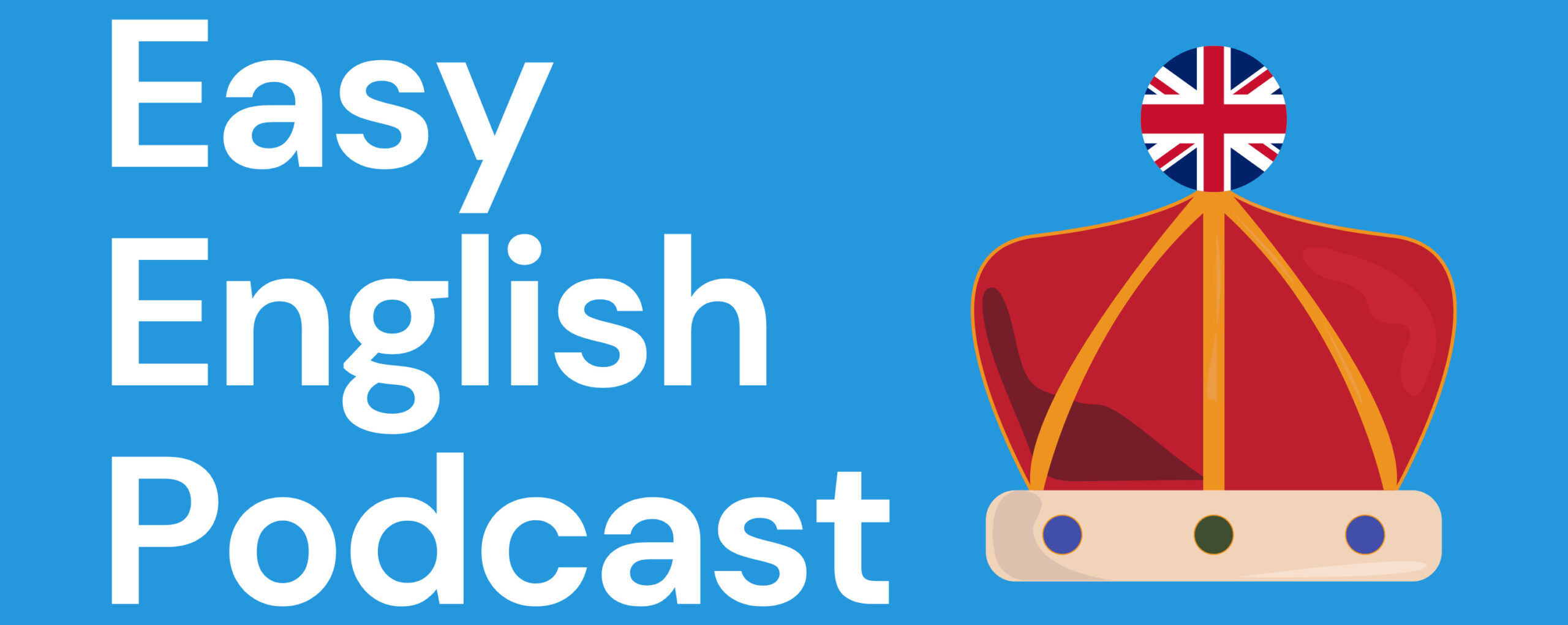
Why You Feel Stuck Learning English (And How to Fix It)
A common problem many English learners face: feeling like they are not improving. This is a quick but important episode because I hear this concern a lot. Many learners feel stuck or like they have “plateaued”—meaning they don’t see big improvements.
Now, let’s dive into the common reasons why you might feel stuck in English and how to fix them.
1. You Are Only Consuming, Not Producing English
Many learners focus only on listening and reading. Of course, these are great ways to improve, but when was the last time you actually used your English? When did you last write something or speak out loud?
If you only listen and read, you’re improving your passive skills, but your speaking and writing won’t improve unless you practice actively.
How to Fix It:
- Speak out loud every day.
- Copy words from this podcast and repeat them.
- Answer questions I ask in the podcast.
- Talk about your day in English.
- Keep a diary or record yourself speaking and listen back.
Balance is key! Don’t just consume—create!
Challenge: Pause this episode and describe what you did today or what you’re going to do. Say it in three or four sentences. Then, come back!
2. You Are Stuck in Your Comfort Zone
If you always use the same words, phrases, and topics, you’re not challenging yourself. Try to step out of your comfort zone!
I have a separate episode about this, so check that out for more tips!
3. You Are Not Reviewing What You Learn
Some people learn new words every day but then forget them. Learning a word once is not enough. Your brain needs repetition to remember vocabulary and grammar.
How to Fix It:
- Use vocabulary learning apps with review features.
- Go back to words you learned a month ago and review them.
- Put new words in sentences and use them when speaking.
4. You Are Learning Passively Instead of Actively
Many learners say, “I watch Netflix in English, but I still don’t understand everything.” The problem? They are not actively engaging with what they watch.
How to Fix It:
- Focus on what you’re watching or listening to.
- Pause and repeat interesting sentences.
- Listen for new words and write them down.
- Try to understand as many words as possible.
Passive listening (like playing a podcast in the background) is fine sometimes, but mix in active learning too!
5. You Don’t Have a Clear Goal
Many learners say, “I want to be fluent,” but fluency is not a destination—it’s a process. You won’t wake up one day and suddenly be fluent. It’s gradual.
How to Fix It:
- Set specific goals. For example:
- “I want to have a 20-minute conversation in English.”
- “I want to be able to meet new people and speak freely.”
- “I want to discuss more advanced topics in English.”
Choose a goal that fits your needs and work towards it!
6. You Are Comparing Yourself to Others
We all know people who speak English amazingly well. But comparing yourself to them can make you feel bad about your progress.
How to Fix It:
- Look at how far you’ve come! The fact that you’re listening to this podcast and understanding it is amazing.
- Think about your progress from two years ago—can you say and understand more than before? Probably yes!
Every little step you take brings improvement. English learning is about consistency and confidence.
Final Thoughts
Your English will improve if you keep learning, keep practising, and keep creating.
- Listen to the Easy English podcast.
- Watch things in English.
- Speak and write in English.
You will not get worse by practising! Keep up the consistency, and you will see progress.
Before You Go, Here’s a Quick Challenge!
Leave a comment below with your English goal. Why are you learning English? Where do you want to be in the future?
And don’t forget to download your FREE English slang lesson—go to the English Weekly Newsletter page.
Thanks for reading, and I hope you have an amazing week. See you soon!

